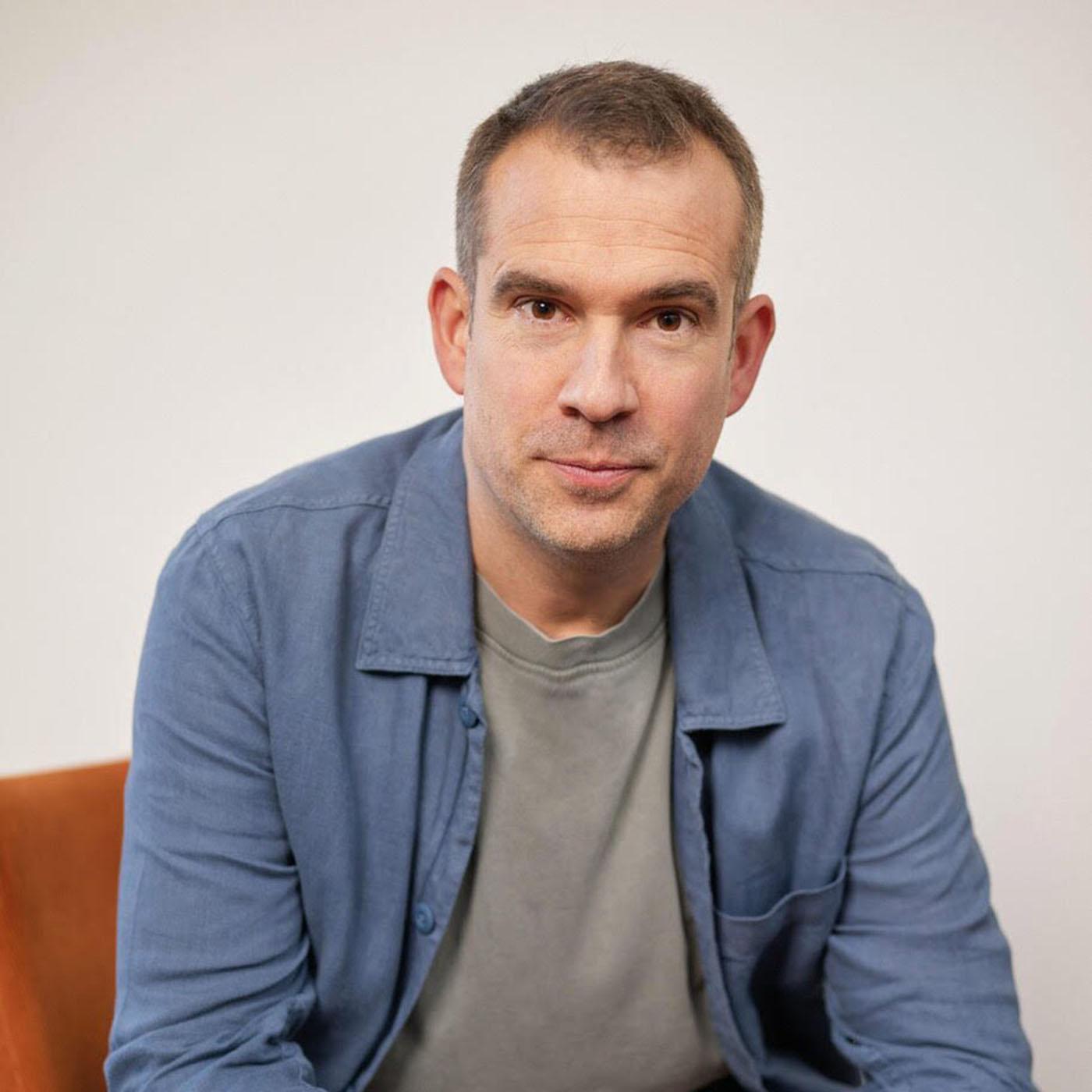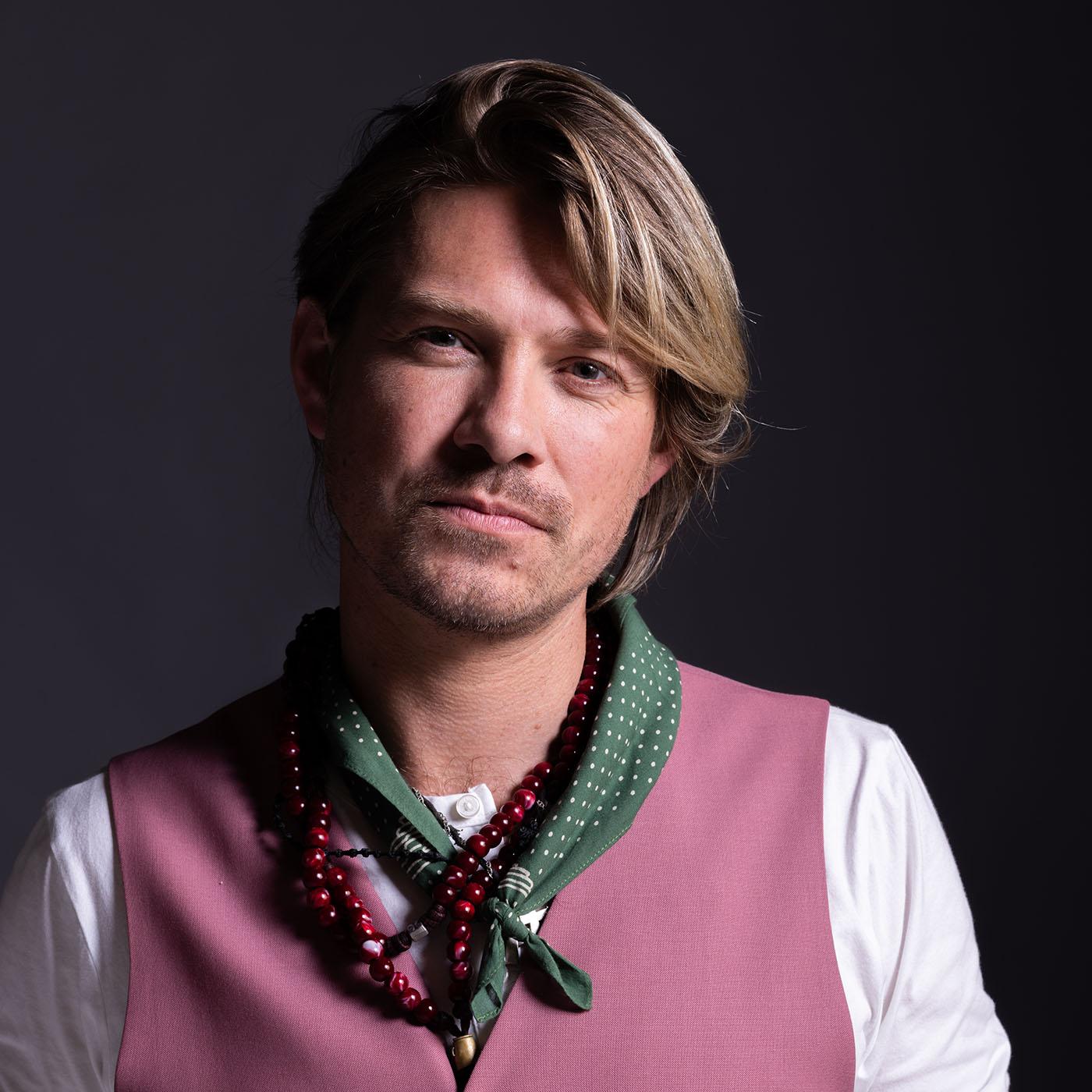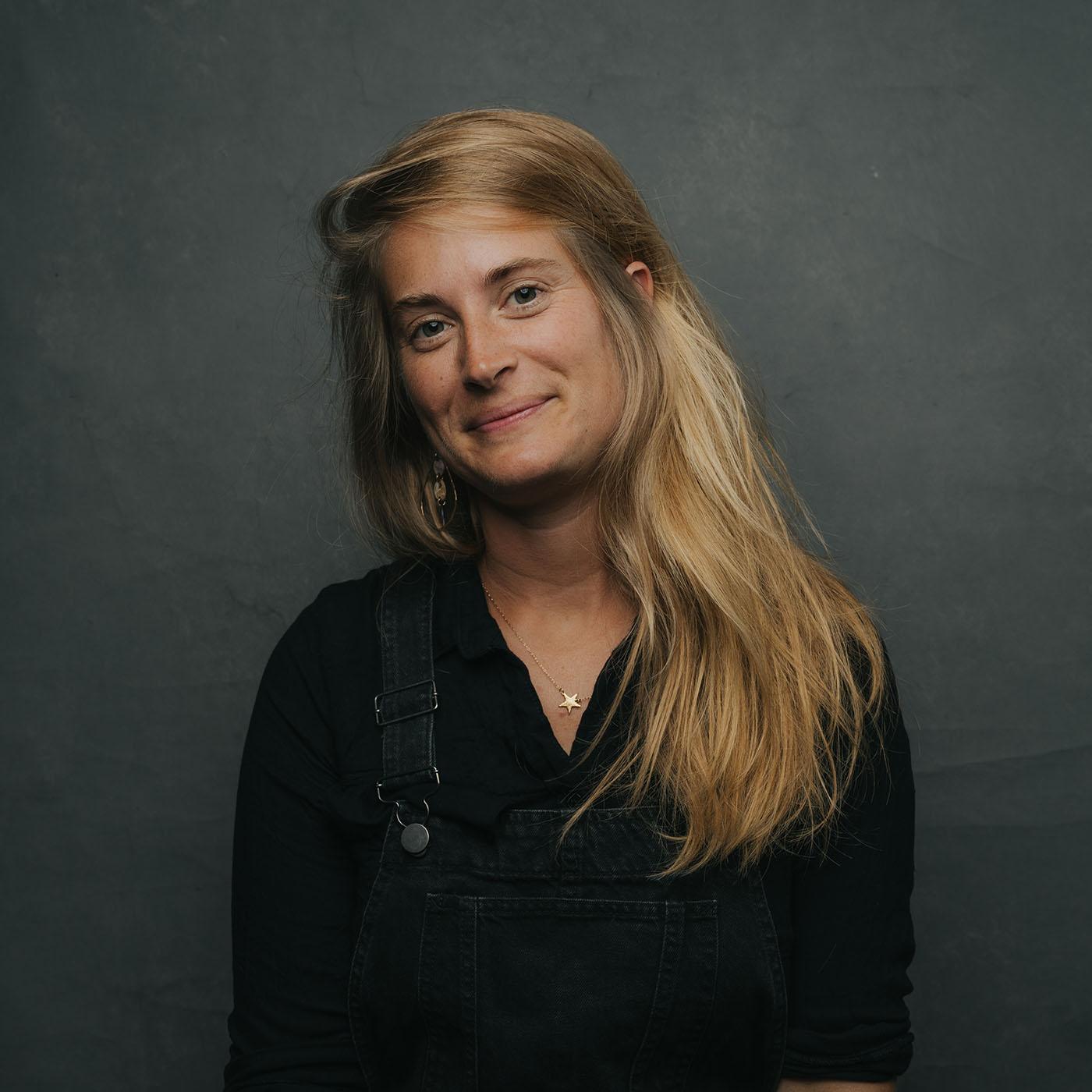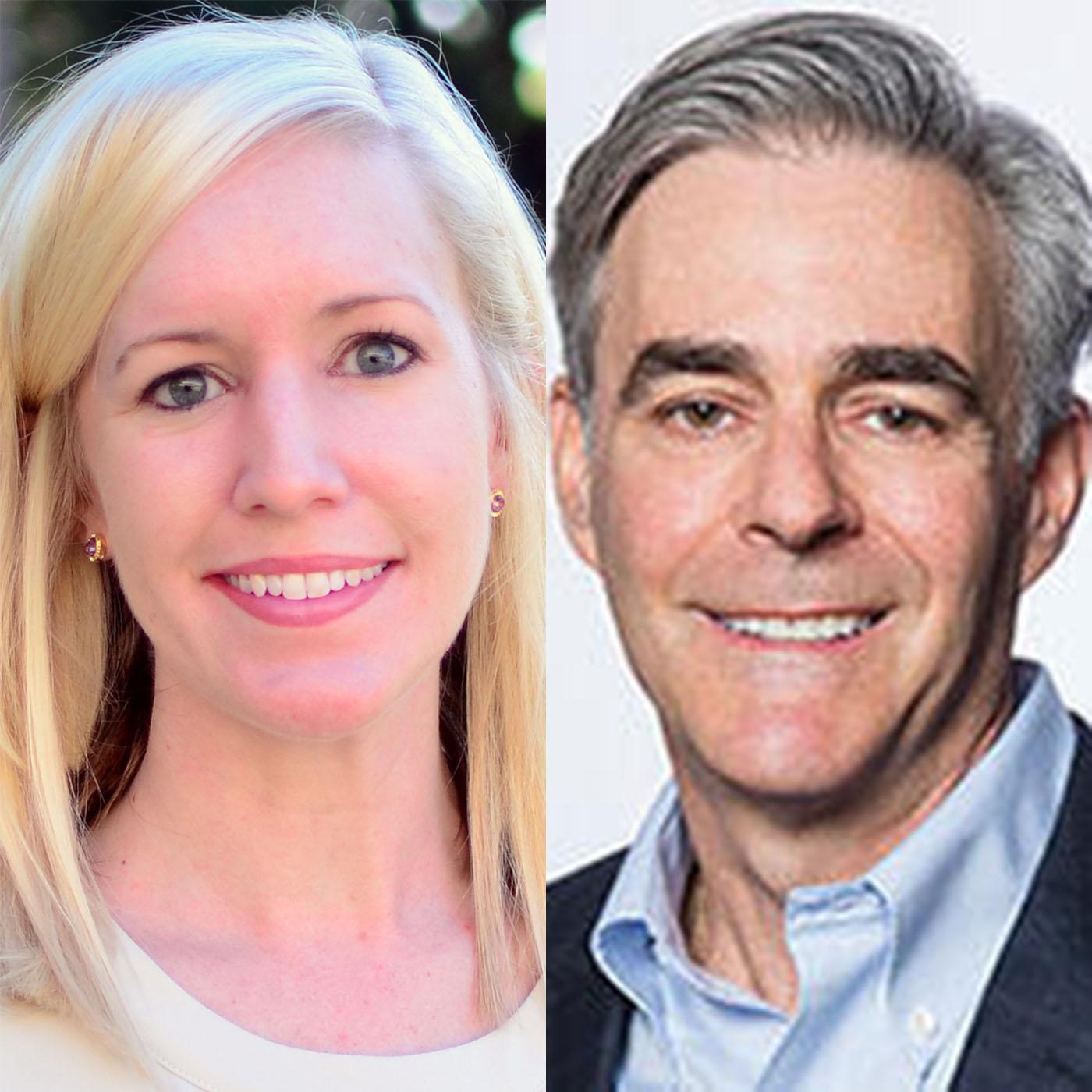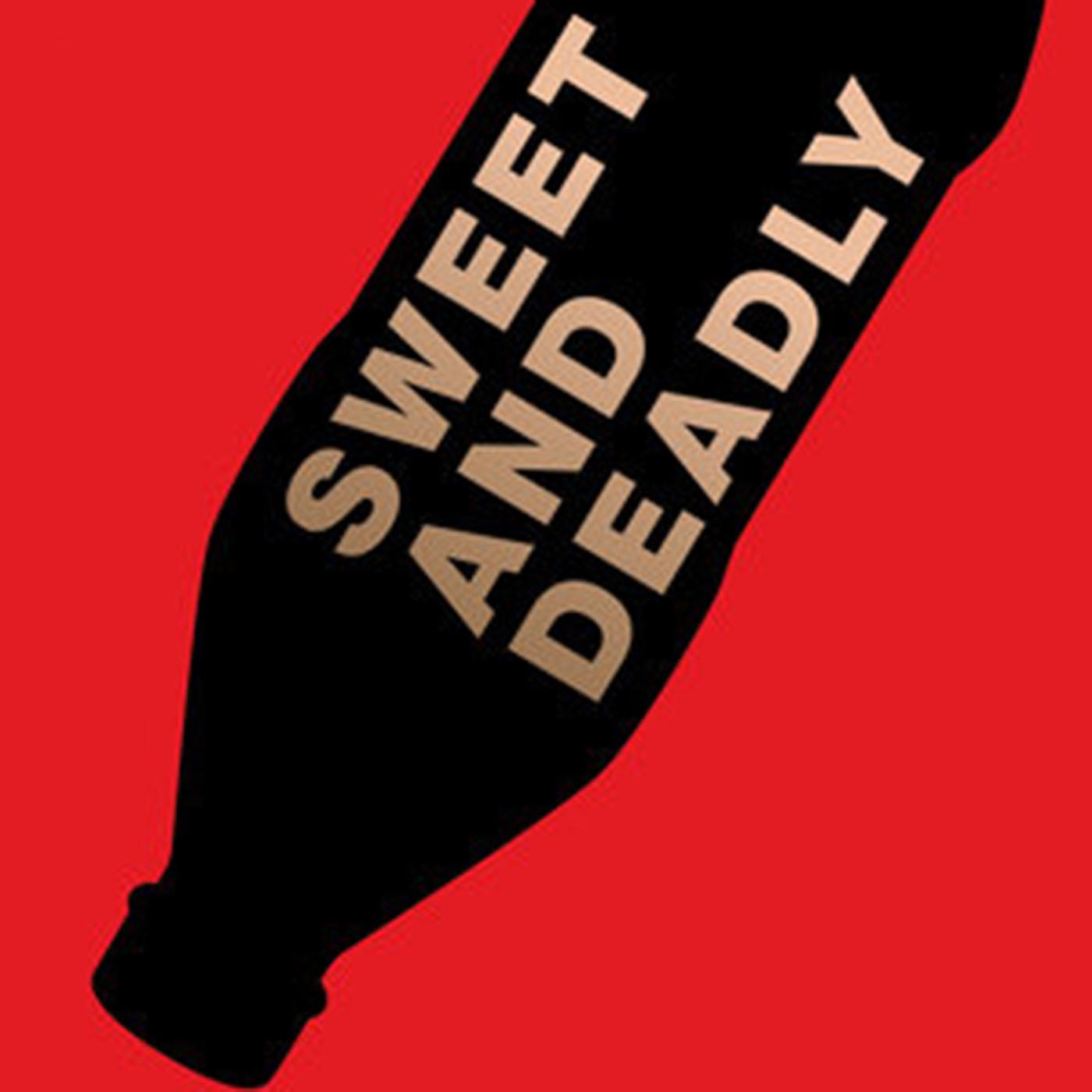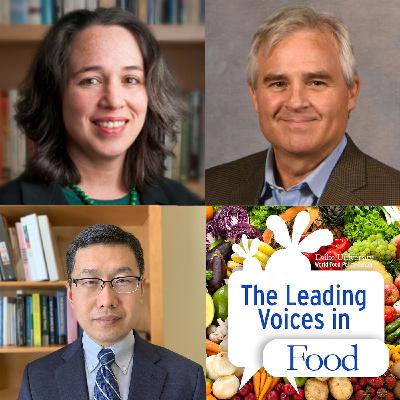E277: Food Fight - from plunder and profit to people and planet
Description
Today we're talking with health and nutrition expert Dr. Stuart Gillespie, author of a new book entitled Food Fight: from Plunder and Profit to People and Planet. Using decades of research and insight gathered from around the world, Dr. Gillespie wants to reimagine our global food system and plot a way forward to a sustainable, equitable, and healthy food future - one where our food system isn't making us sick. Certainly not the case now. Over the course of his career, Dr. Gillespie has worked with the UN Standing Committee on Nutrition in Geneva with UNICEF in India and with the International Food Policy Research Institute, known as IFPRI, where he's led initiatives tackling the double burden of malnutrition and agriculture and health research. He holds a PhD in human nutrition from the London School of Hygiene and Tropical Medicine.
Interview Summary
So, you've really had a global view of the agriculture system, and this is captured in your book. And to give some context to our listeners, in your book, you describe the history of the global food system, how it's evolved into this system, sort of warped, if you will, into a mechanism that creates harm and it destroys more than it produces. That's a pretty bold statement. That it destroys more than it produces, given how much the agriculture around the world does produce. Tell us a bit more if you would.
Yes, that statement actually emerged from recent work by the Food Systems Economic Commission. And they costed out the damage or the downstream harms generated by the global food system at around $15 trillion per year, which is 12% of GDP. And that manifests in various ways. Health harms or chronic disease. It also manifests in terms of climate crisis and risks and environmental harms, but also. Poverty of food system workers at the front line, if you like. And it's largely because we have a system that's anachronistic. It's a system that was built in a different time, in a different century for a different purpose. It was really started to come together after the second World War. To mass produce cheap calories to prevent famine, but also through the Green Revolution, as that was picking up with the overproduction of staples to use that strategically through food aid to buffer the West to certain extent from the spread of communism. And over time and over the last 50 years of neoliberal policies we've got a situation where food is less and less viewed as a human right, or a basic need. It's seen as a commodity and the system has become increasingly financialized. And there's a lot of evidence captured by a handful of transnationals, different ones at different points in the system from production to consumption. But in each case, they wield huge amounts of power. And that manifests in various ways. We have, I think a system that's anachronistic The point about it, and the problem we have, is that it's a system revolves around maximizing profit and the most profitable foods and products of those, which are actually the least healthy for us as individuals. And it's not a system that's designed to nourish us. It's a system designed to maximize profit. And we don't have a system that really aims to produce whole foods for people. We have a system that produces raw ingredients for industrial formulations to end up as ultra processed foods. We have a system that produces cattle feed and, and biofuels, and some whole foods. But it, you know, that it's so skewed now, and we see the evidence all around us that it manifests in all sorts of different ways. One in three people on the planet in some way malnourished. We have around 12 million adult deaths a year due to diet related chronic disease. And I followed that from colonial times that, that evolution and the way it operates and the way it moves across the world. And what is especially frightening, I think, is the speed at which this so-called nutrition transition or dietary transition is happening in lower income or middle income countries. We saw this happening over in the US and we saw it happening in the UK where I am. And then in Latin America, and then more Southeast Asia, then South Asia. Now, very much so in Sub-Saharan Africa where there is no regulation really, apart from perhaps South Africa. So that's long answer to your intro question.
Let's dive into a couple of things that you brought up. First, the Green Revolution. So that's a term that many of our listeners will know and they'll understand what the Green Revolution is, but not everybody. Would you explain what that was and how it's had these effects throughout the food systems around the world?
Yes, I mean around the, let's see, about 1950s, Norman Borlag, who was a crop breeder and his colleagues in Mexico discovered through crop breeding trials, a high yielding dwarf variety. But over time and working with different partners, including well in India as well, with the Swaminathan Foundation. And Swaminathan, for example, managed to perfect these new strains. High yielding varieties that doubled yields for a given acreage of land in terms of staples. And over time, this started to work with rice, with wheat, maize and corn. Very dependent on fertilizers, very dependent on pesticides, herbicides, which we now realize had significant downstream effects in terms of environmental harms. But also, diminishing returns in as much as, you know, that went through its trajectory in terms of maximizing productivity. So, all the Malthusian predictions of population growth out running our ability to feed the planet were shown to not to be true. But it also generated inequity that the richest farmers got very rich, very quickly, the poorer farmers got slightly richer, but that there was this large gap. So, inequity was never really properly dealt with through the Green Revolution in its early days. And that overproduction and the various institutions that were set in place, the manner in which governments backed off any form of regulation for overproduction. They continued to subsidize over production with these very large subsidies upstream, meant that we are in the situation we are now with regard to different products are being used to deal with that excess over production.
So, that idea of using petroleum-based inputs to create the foods in the first place. And the large production of single crops has a lot to do with that Green Revolution that goes way back to the 1950s. It's interesting to see what it's become today. It's sort of that original vision multiplied by a billion. And boy, it really does continue to have impacts. You know, it probably was the forerunner to genetically modified foods as well, which I'd like to ask you about in a little bit. But before I do that, you said that much of the world's food supply is governed by a pretty small number of players. So who are these players?
If you look at the downstream retail side, you have Nestle, PepsiCo, Coca-Cola, General Mills, Unilever. Collectively around 70% of retail is governed by those companies. If you look upstream in terms of agricultural and agribusiness, you have Cargill, ADM, Louis Dreyfus, and Bunge. These change to a certain extent. What doesn't change very much are the numbers involved that are very, very small and that the size of these corporations is so large that they have immense power. And, so those are the companies that we could talk about what that power looks like and why it's problematic. But the other side of it's here where I am in the UK, we have a similar thing playing out with regard to store bought. Food or products, supermarkets that control 80% as Tesco in the UK, Asta, Sainsbury's, and Morrisons just control. You have Walmart, you have others, and that gives them immense power to drive down the costs that they will pay to producers and also potentially increase the cost that they charge as prices of the products that are sold in these supermarkets. So that profit markup, profit margins are in increased in their favor. They can also move around their tax liabilities around the world because they're transnational. And that's just the economic market and financial side on top of that. And as you know, there's a whole raft of political ways in which they use this power to infiltrate policy, influence policy through what I've called in Chapter 13, the Dark Arts of Policy Interference. Your previous speaker, Murray Carpenter, talked about that with regard to Coca-Cola and that was a very, yeah, great example. But there are many others.
In many ways these companies have been brilliant at adapting to the regulatory landscape, to the financial incentives, to the way the agriculture system has become warped. I mean, in some ways they've done the warping, but in a lot of ways, they're adapting to the conditions that allow warping to occur. And because they've invested so heavily, like in manufacturing plants to make high fructose corn syrup or to make biofuels or things like that. It'd be pretty hard for them to undo things, and that's why they lobby so strongly in favor of keepin






